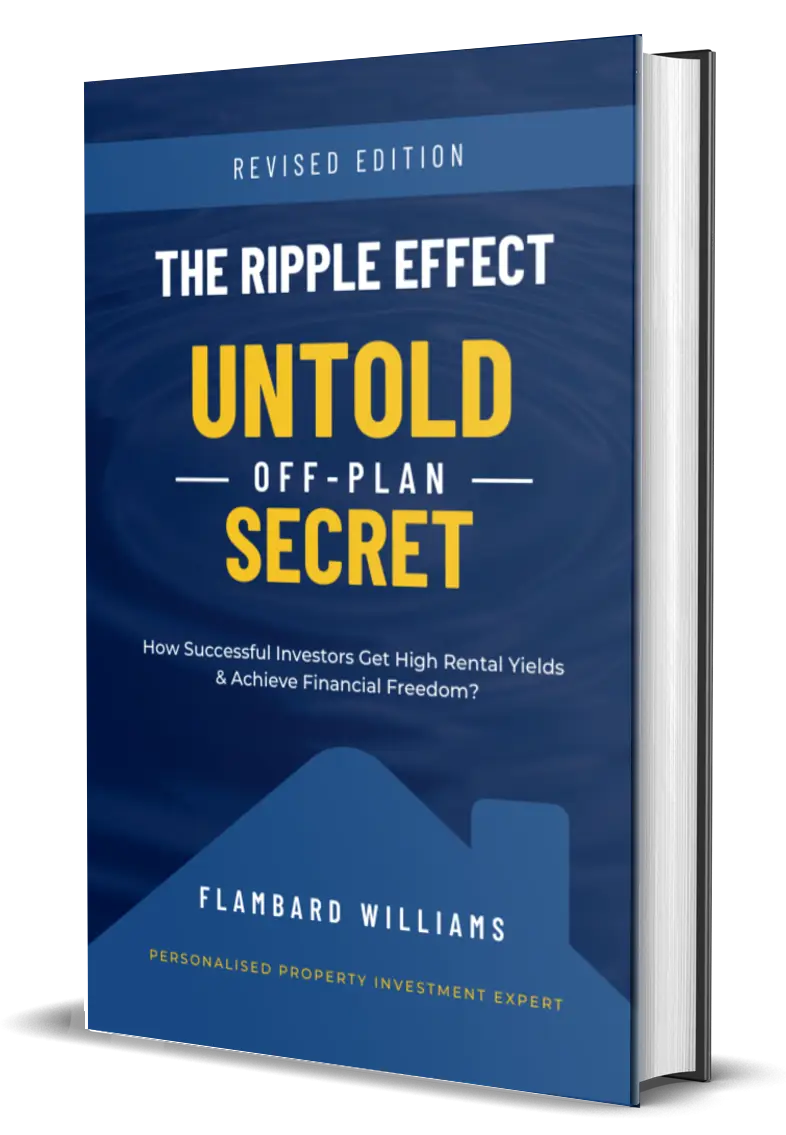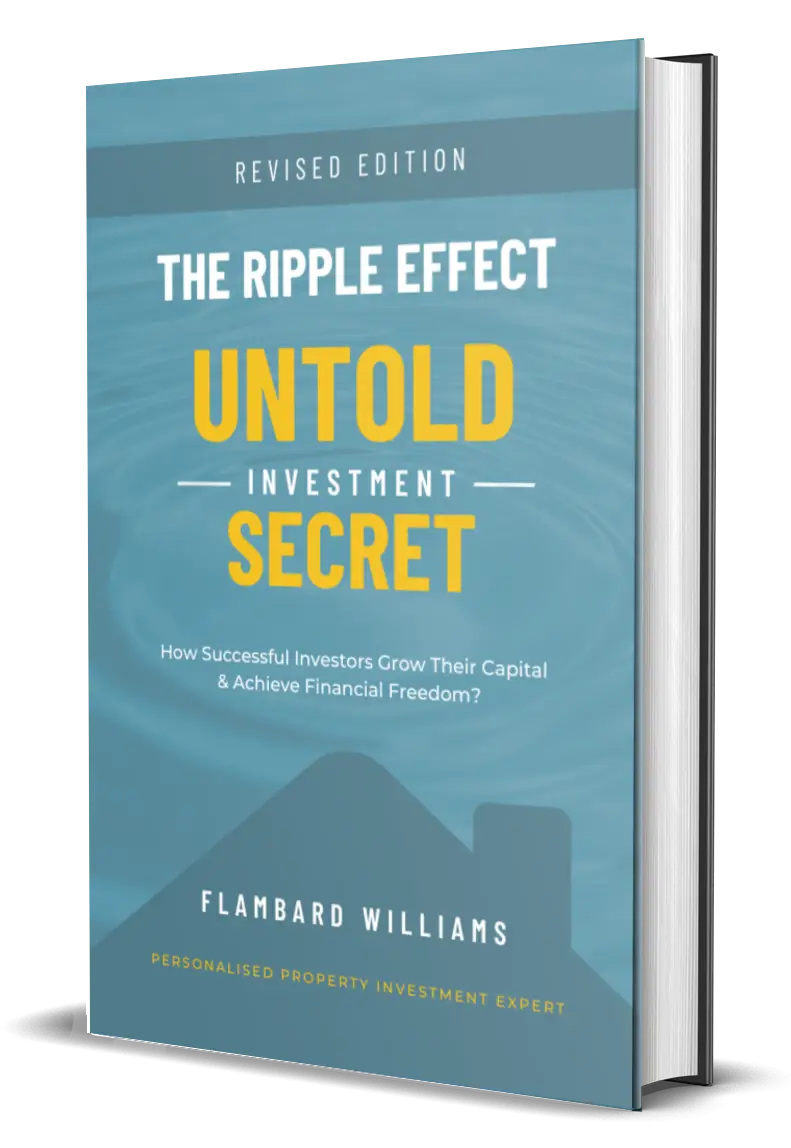So, you have decided to buy a property, and given that this decision is probably the biggest that you are likely to make financially in your life, it is important to get the basics right. Many are often embarrassed to ask questions for fear of seeming uneducated in this area. However, we urge you to ask as many questions as you like, because once you have signed on the dotted line the decision and type of mortgage you take is with you for a long time, and if you get it wrong it can be expensive to put right.
Find out how you can maximise your returns by registering for our upcoming webinar here!
How Much Can I Borrow?
A key question, and the first you should ask as this dictates the type of property you can buy. Typically the industry standard is 3 to 4.5 times your annual salary. So for someone earning £25,000 they can borrow anywhere between £75,000 to £112,500. Although this is a good yardstick, many lenders will also look at your outgoings as well as your income. They do this to see if you can actually afford the repayments and will often ask for bank statements to prove your financial status. Our advice to you is do not hide things when asked, as they will discover the truth when they review the paperwork.
What Does Loan to Value Mean?
LTV means how much a lender will give against the value of the property. For example, if you are buying a property that costs £100,000 and the lender says that they will offer 90% LTV then that means they will offer you a re-mortgage of £90,000. If they offer say just 75%, which is more typical for Buy-to-let investors as opposed to owner occupiers, then that means the lender will only lend £75,000 against that property meaning that you have to have a deposit of £25,000. Most banks typically ask for minimum of 10% for first time buyers or owner occupiers, and only ask for larger deposits when the properties are investment type.
What is The Difference Between a Repayment Mortgage and an Interest-Only One?
Generally speaking, repayment mortgages are the norm, very rarely does an owner occupier have an interest-only mortgage, as most lenders require you to have a means by which to pay of the original capital loan, as in an interest-only mortgage you are only ever paying the interest charge and never the capital, so your debt remains. Interest-only mortgages sit more prominently in the buy to let sector where clients are merely using the mortgage to allow them to cash in on the difference between the costs versus the returns.
Repayment mortgages mean that throughout the term of the loan, you are slowly paying down capital as well as the interest. Most mortgages have a weighted payment structure meaning that during the early part of the mortgage you are paying of more of the interest and less capital, but as time passes this changes as your overall loan size reduces and therefore so does the interest payment.
What is The Difference Between a Fixed and Variable Mortgage?
The difference is that a fixed mortgage has it’s interest rate set at a level for a period of time. Once that period elapses then typically the rate returns to a variable rate. Fixed rate mortgages are ideal for those who wish to set their budgets and don’t like the uncertainty of rates moving and their payments moving to.
Variable mortgages are those that move when base rates move. Base rates are the rates set by the Bank of England, and are the rates that all lenders base their mortgages on. There are various options here but a typical variable mortgage is a Tracker type that follows the movements of these base rates, both up and down, and are a little more flexible than fixed when wishing to terminate early as most Tracker mortgages do not have early redemption fees.
How Long Should I Fix For?
Good question, but one only you can answer. Mortgage terms for fixed rate mortgages range from anywhere between 2 – 10 years and are offered with varying interest rates and charges. Obviously knowing what your repayments are going to be for the next decade is a good thing, but remember your circumstances may well change in a period that long and sometimes the penalties for leaving early can be quite punitive. Also, you may wish to move before that and again early redemption comes at a cost. So perhaps consider these points first and if you are thinking of moving after a few years then get a shorter term mortgage, or if you are sure you are going to stay there for a longer time adjust the term accordingly. All this is a choice for you, but remember that ending these contracts early always comes at a cost, so ask what these are, just in case.
How Long Does a Mortgage Last For?
Again, there is no definitive answer to this as it depends on your individual circumstances, such as your age. Generally speaking however, mortgages can last for up 35 years. The longer your mortgage term then the lower the monthly payments. The main sting in the tail though is that the longer the term of the mortgage then the bigger the bill is for the interest paid as you will be paying interest on the capital borrowed for a longer period of time.
How Can I Pay Off My Mortgage Quickly?
If you are not on a fixed rate mortgage, it is possible to vary the amount you pay monthly and in doing so you can dramatically shorten the term of the mortgage. Typically most lenders allow this, but they do put an upper limit of the amount you can overpay, and that is generally a figure of 10% of the total debt per annum. Anymore than that may incur a fine. Remember that as far as loans goes your mortgage is likely to be the cheapest loan to service so if you intend to overpay it is worth considering getting rid of some more expensive debt first, like credit cards or car loans.












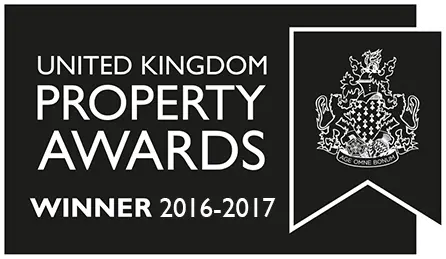
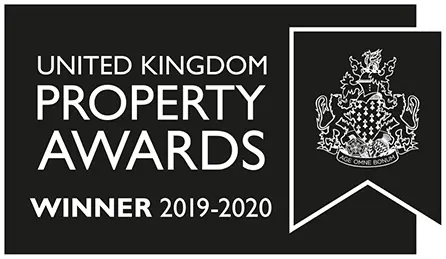
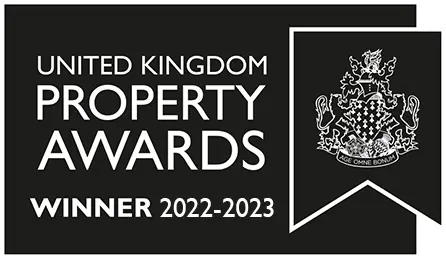
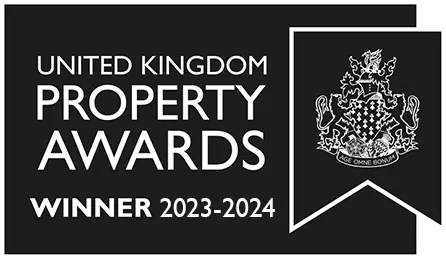





 Exclusive Property Launch Invitations
Exclusive Property Launch Invitations Customised Market Reports
Customised Market Reports Exclusive Access to Off-Market Properties
Exclusive Access to Off-Market Properties Networking Events
Networking Events